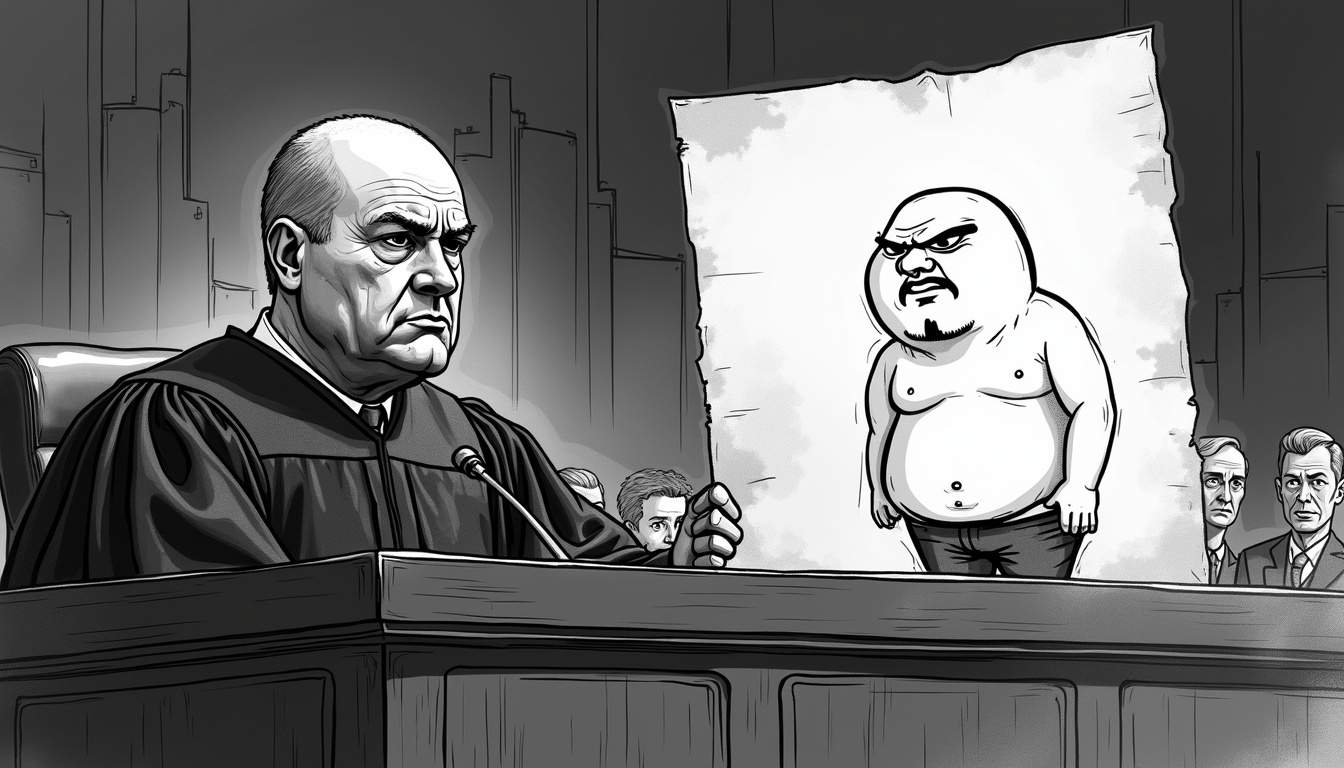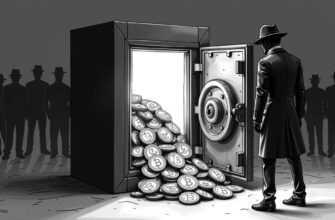In a world where memes are the lifeblood of online culture, the recent move by Chill Guy creator Phillip Banks to enforce copyright on his creation has sent shockwaves through the crypto community. As someone who spends way too much time on X (formerly Twitter) and Reddit, I can’t help but feel a bit conflicted. On one hand, I get it—everyone’s trying to make a buck these days. But on the other, isn’t meme culture built on remixing and sharing? Let’s dive into this digital conundrum.
Chill Guy’s Meteoric Rise
For those not in the know, Chill Guy is that humanoid dog you’ve been seeing everywhere. He’s all about keeping it cool and avoiding stress. The meme took off like a rocket after Banks posted it in late 2023, and it quickly became a staple across platforms like TikTok and X. Hell, even El Salvador’s President Bukele got in on the action!
But here’s where it gets interesting: Banks recently announced that he plans to enforce copyright on his character. This has led to some serious discourse about what constitutes fair use in an age where commercialism is creeping into every corner of internet culture.
The Tension Between IP Rights and Meme Culture
Let’s be real for a second—most memes are built on existing cultural touchstones, often without permission. Chill Guy himself might be considered derivative if you squint hard enough. While there’s an argument to be made that memes fall under fair use—especially when they’re transformative—the moment you slap a price tag on something, all bets are off.
Banks’ move raises some eyebrows because it seems at odds with the very nature of what made Chill Guy popular in the first place. Isn’t he supposed to represent nonchalance? By asserting ownership over something that has become so communal, isn’t there a risk of alienating your audience?
Implications for Crypto Users
As someone who dabbles in crypto myself (though I’m far from an expert), I can’t help but see parallels between this situation and some of the legal gray areas we navigate in blockchain spaces. Many creators out there are using copyrighted material—often without realizing it! And while meme creators might find solace under the umbrella of fair use for now, that shield could get pretty flimsy when commercial interests come into play.
And let’s not forget about NFTs! The moment you mint an NFT of something without permission, you’re stepping into potentially dangerous territory. Even if your intention is good or artistic, don’t be surprised if you get hit with a DMCA takedown faster than you can say “Chill Guy.”
Summary: A Double-Edged Sword?
So where does this leave us? On one hand, Banks has every right to protect his creation; after all, creators need to eat too. But as someone deeply embedded in online culture—and as someone who makes content myself—I can’t help but feel uneasy about this development.
As we head further into 2024 crypto landscape filled with legal uncertainties and evolving norms around content creation perhaps it’s time for us all to reflect: Are we heading towards a more fragmented digital space? Or will chill heads prevail?








